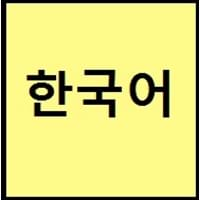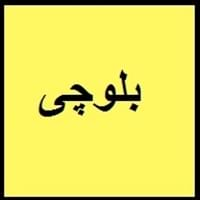Korean vs Balochi
- Korean has borrowed words from English and Chinese.
- Korean has two counting systems. First, is based on Chinese characters and numbers are similar to Chinese numbers, and second counting system is from words unique to Korea.
- Balochi language had no written form before the early 19th century. The official language used until that time was Persian.
- Balochi has borrowed words from Persian, Arabic, Sindhi, and other languages.
Korean and Balochi Language History
Comparison of Korean vs Balochi language history gives us differences between origin of Korean and Balochi language. History of Korean language states that this language originated in Before 1st century whereas history of Balochi language states that this language originated in 19th Century. Family of the language also forms a part of history of that language. More on language families of these languages can be found out on Korean and Balochi Language History.
Korean and Balochi Greetings
People around the world use different languages to interact with each other. Even if we cannot communicate fluently in any language, it will always be beneficial to know about some of the common greetings or phrases from that language. This is where Korean and Balochi greetings helps you to understand basic phrases in Korean and Balochi language. Korean word for "Hello" is 안녕하세요. (annyeonghaseyo.) or Balochi word for "Thank You" is mana bebahgsh. Find more of such common Korean Greetings and Balochi Greetings. These greetings will help you to be more confident when conversing with natives that speak these languages.
Korean vs Balochi Difficulty
The Korean vs Balochi difficulty level basically depends on the number of Korean Alphabets and Balochi Alphabets. Also the number of vowels and consonants in the language plays an important role in deciding the difficulty level of that language. The important points to be considered when we compare Korean and Balochi are the origin, speaking countries, language family, different greetings, speaking population of these languages. Want to know in Korean and Balochi, which language is harder to learn? Time required to learn Korean is 88 weeks while to learn Balochi time required is 44 weeks.





